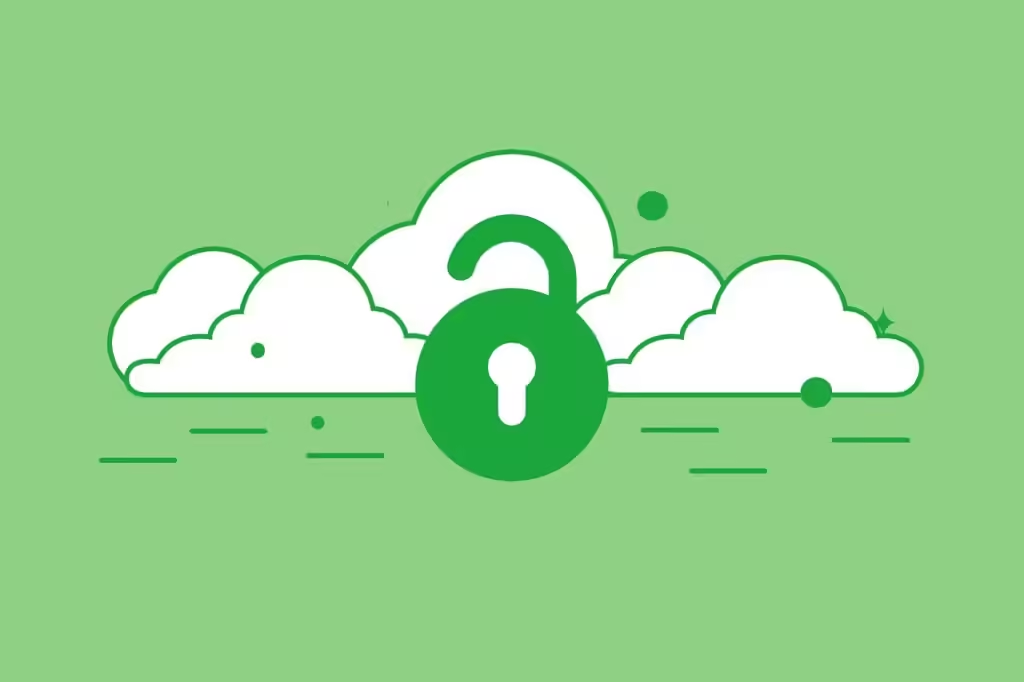Cloud security is a critical aspect of modern business infrastructure. As more companies move to the cloud, understanding the benefits and challenges becomes essential. In this article, we’ll explore the pros, cons, and best practices for cloud security.
Table of Contents
Pros and Cons of Cloud Security
The Benefits of Cloud Security
Scalability and Cost-Efficiency offer scalability, allowing businesses to grow without worrying about their IT infrastructure. This means you can add resources as needed without significant upfront costs. Additionally, it’s cost-efficient because you only pay for what you use, avoiding the expenses of maintaining on-premises hardware.
Access and Collaboration Cloud services enable access from anywhere, fostering collaboration among teams. Employees can work remotely, which has become increasingly important. This flexibility boosts productivity and ensures that business operations continue smoothly regardless of location.
The Drawbacks of Cloud Security
Unique Risks Despite its benefits, it comes with unique risks. Data breaches and cyber attacks are significant concerns. Companies must ensure their cloud providers have robust security measures in place to protect sensitive information.
Dependence on Internet Connectivity Another drawback is the reliance on internet connectivity. Without a stable internet connection, accessing cloud services can be challenging. This dependence can disrupt business operations, particularly in areas with poor connectivity.

Best Practices for Cloud Security
Implementing Effective Measures
Regular Security Audits Conducting regular security audits is crucial. These audits help identify vulnerabilities and ensure that security protocols are up to date. Regular assessments can prevent potential security breaches and maintain data integrity.
Employee Training Employee training is another vital practice. Educating staff about security best practices and potential threats can significantly reduce the risk of human error. Well-informed employees are better equipped to handle security challenges.
Choosing the Right Solutions
Multi-Factor Authentication (MFA) Implementing multi-factor authentication (MFA) adds an extra layer of security. By requiring multiple forms of verification, MFA makes it harder for unauthorized users to access sensitive data. It’s a simple yet effective way to enhance security.
Data Encryption Data encryption is essential for protecting information in transit and at rest. Encrypting data ensures that even if it is intercepted, it remains unreadable without the proper decryption keys. This practice safeguards sensitive information from unauthorized access.
Work it with MATUR Intech Cyberhub
Balancing the advantages and challenges of cloud security is crucial for businesses. By implementing best practices and staying informed about potential risks, companies can navigate the cloud landscape confidently. At MATUR Intech Cyberhub, we specialize in guiding businesses through their cloud transitions, ensuring security and efficiency. Reach out to us to learn how we can help you secure your cloud infrastructure.


